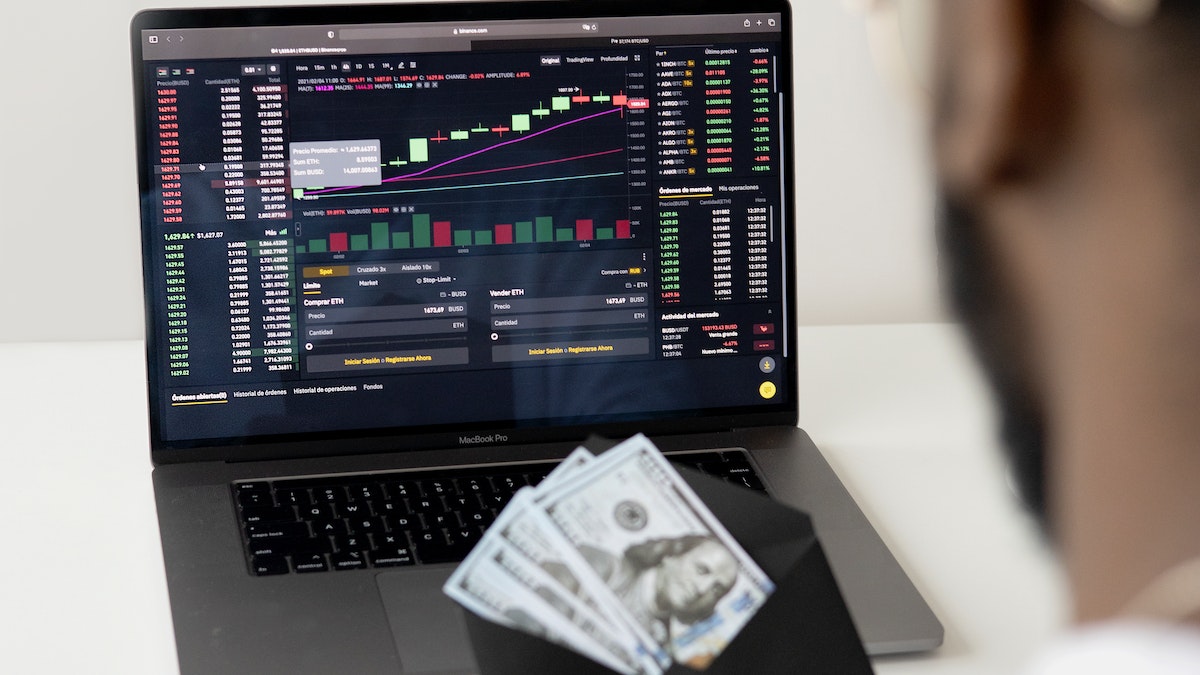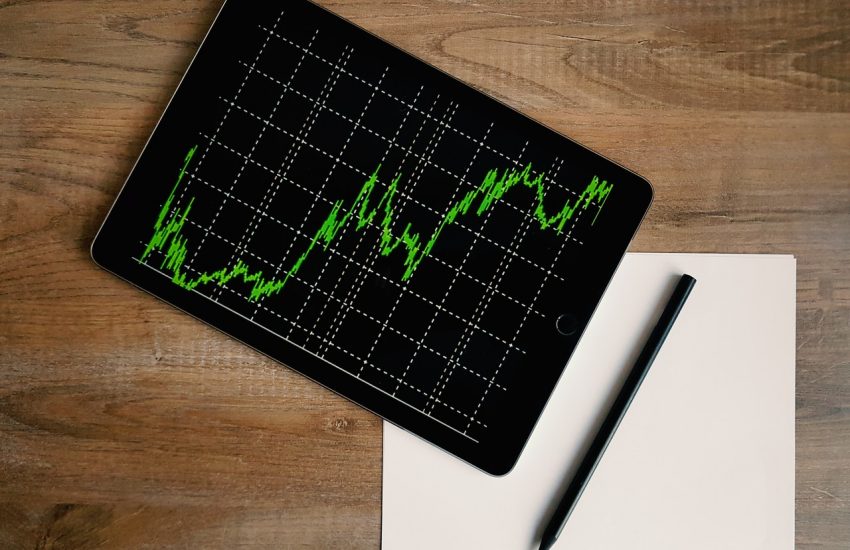Hard vs soft currencies for your FX portfolio
A hard currency is typically created and traded by a wealthy nation, with which the issuing country has been proven to be stable in both political and economic terms.
Those who buy hard currencies do so for the same reason investors in equities and bonds do: they wish to profit from the fluctuations in their assets. When an investor purchases a currency intending to sell it at a profit, it must increase in value, allowing him to sell it for a profit when the time comes.
Hard vs soft currency
What is the significance of the words ‘hard’ and ‘soft’ regarding money?
Unlike soft currency, hard currency is consistent, dependable, convertible, and widely accepted as a kind of money. Stable economies with political stability create hard currencies. The fluctuations in the value of one currency versus another are unlikely to be significant when using a hard currency. Hard currencies include the US dollar, Canadian dollar, and Euro.
A weak currency is unpredictable; therefore, it isn’t generally accepted as money. Soft currencies are also less common than hard currencies and hence more difficult to come by. Soft currencies include the Venezuelan bolivar, Zimbabwe dollar, and Syrian pound.
Factors influencing a currency’s status
The status of a currency is determined by several criteria, including its economic stability and political and economic security. The country’s political and financial stability are the most significant elements in determining whether it will be a hard or soft currency.
Economic growth
When a country’s economy expands, more jobs are created. Furthermore, investors are eager to establish operations in those countries, resulting in enhanced growth and employment.
An expanding economy causes inflation and higher interest rates. This, in turn, increases the currency’s value by creating additional demand for it.
On the other hand, an economically stagnant country has fewer investors and more jobless people. This nation has fewer capital investments, resulting in a lesser currency value.
Interest rates
When interest rates are high, people want to acquire the currency. When money is in high demand, its price rises. Conversely, when interest rates are low, money demand decreases, bringing about a devaluation. A soft currency might result from low-interest rates.
Political stability
A country that is politically unstable experiences a lot of inflation. Because they are afraid, investors are unwilling to start businesses there. The currencies in those countries also have little value because the government gets little foreign investment.
These countries rely on bank loans that they must repay with interest due to weak economic growth. Their devalued currency is also feeble, in dire demand, and devaluing quickly. Soft currencies are made up mainly of these nations’ currencies.
Central bank policy
The value of a country’s currency is determined by its central bank policies. The bank has the power to influence exchange rates through monetary strategies. Increasing interest rates on loans, for example, discourages investors from lending money to entrepreneurs.
Increasing a country’s currency
When comparing hard currency vs soft money, it is apparent that hard cash is superior. This awareness may cause more nations to be interested in raising the value of their currencies through the following ways:
Reducing inflation
Inflation occurs when the cost of a commodity rises, reducing the currency’s purchasing power. It might be due to an increase in raw materials and wages or a spike in demand. It could result in unemployment and higher living costs. However, deflation will make the currency more valuable.
Lowering interest rates
Investors may borrow more when interest rates decrease, which promotes economic growth. Increased currency value occurs as a result of fast economic development.
Stabilising politics
The country’s political stability is crucial to its economic growth and currency expansion. Because investors are unwilling to establish enterprises in a politically unstable nation, there is little economic development.
Final words
The growth of a country’s economy is determined by the differences between hard currency and soft currencies. Fortunately, nations with soft currencies may utilize this advice on boosting their money.



